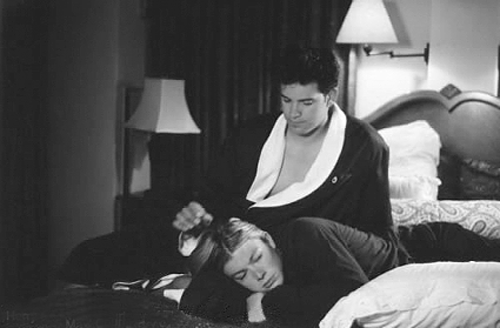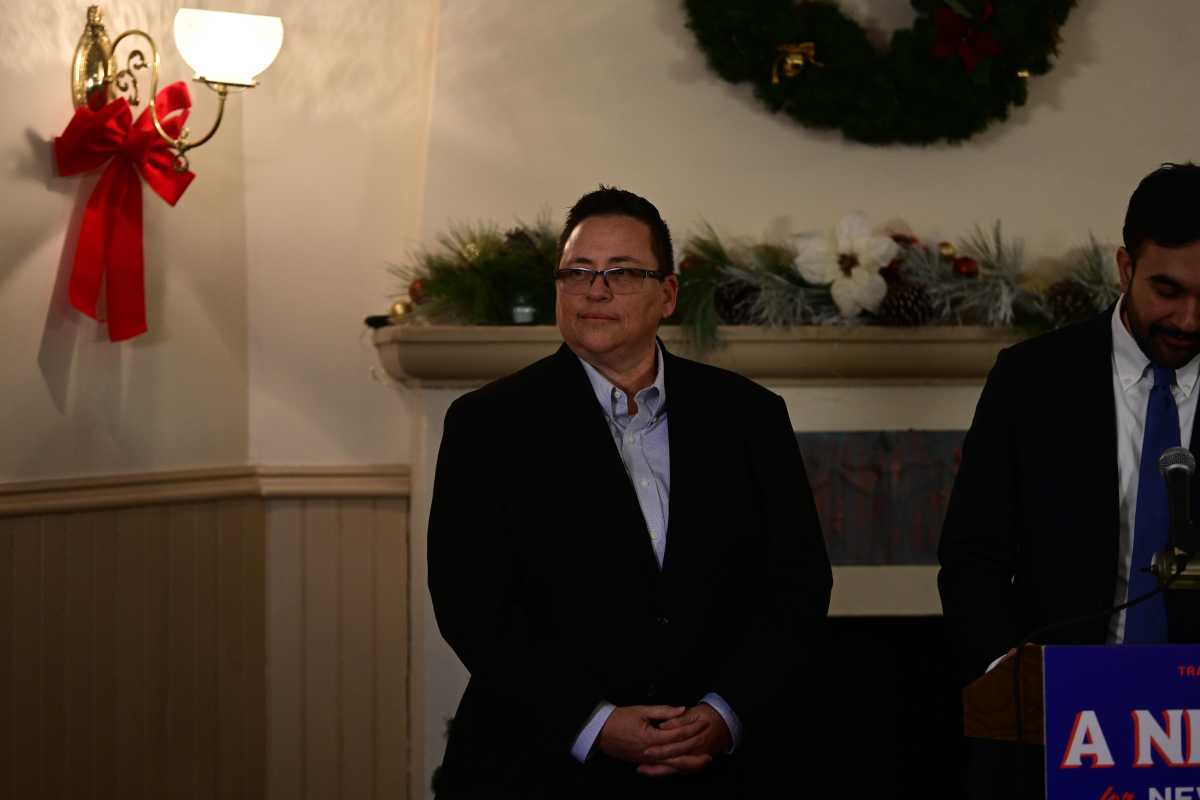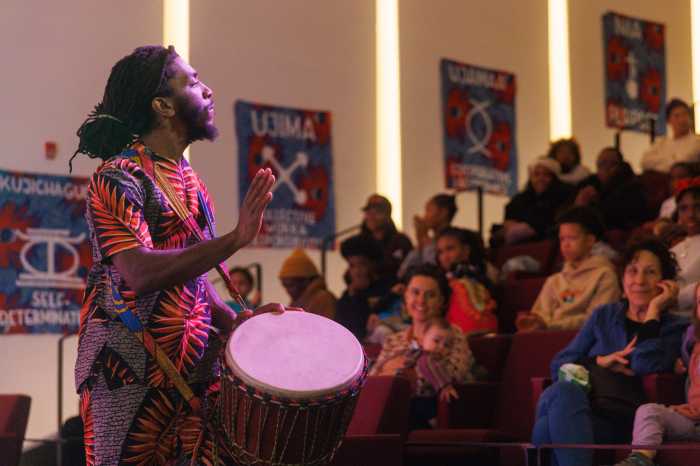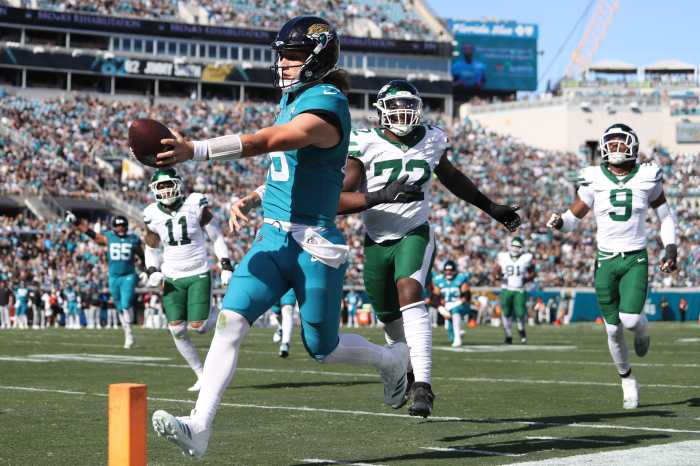Film chronicles sexual relationship of two siblings, and the tensions below
Writer/director Christopher Munch is probably best known for his impressive 1991 feature “The Hours and the Times,” which depicted the possible sexual connection between John Lennon and Brian Epstein.
Munch’s equally fine new film, “Harry and Max,” also looks at an unconventional queer relationship of music industry types––this time featuring the romantic longings of two boy band-type performers, who also happen to be brothers.
Harry (Bryce Johnson) is a singer in a musical group who has arrived to take his younger brother Max (Cole Williams) on a weekend camping trip. Harry is suffering from career angst about a new album, and dealing with the unhealthy rigors of show-business life. Max, in contrast, is a pop star who recently had a hit album and now deciding whether to go to school or re-enter the music industry.
Munch makes these siblings two sides of the same coin. Both are at a crossroads in their lives, and Max distracts himself by exploring physical love with his brother. This is complicated by Harry’s increasingly more obsessive sexual interest in his sibling. “Harry and Max” dexterously navigates this treacherous territory by emphasizing—not exploiting—their unconventional relationship. These guys could be any two lovers––or any two brothers––grappling with a rivalry involving sex, careers and parental affection. In this case, they happen to be lovers and brothers, and Munch addresses the taboo tastefully. It should be noted that the dark-haired Harry and the blond Max look almost nothing alike, which makes their affection for each other—shown through various sex scenes––less shocking than it otherwise might be.
In fact, what is best about “Harry and Max” is that the two main characters behave very much like brothers. Their banter includes petty fights and jealousies, discussions of family dynamics and fond memories of a shared childhood. The sexual bond that creates their constant source of tension obviously emanates from a larger conflict.
“Harry and Max” eloquently presents this dovetailed sibling rivalry in a sequence that shows each experimenting with alternative lovers. Munch crosscuts between Max bedding his female friend Nikki (Rain Phoenix) while Harry seduces Max’s former (and much older) lover Josiah (Tom Gilroy). The film nicely draws out the emotional repercussions of these liaisons, which is further played out in the film’s climax.
Curiously, Munch never judges his characters for their behavior, letting their guilt and shame come to the surface organically. While Harry is worried about both his incestuous and queer feelings being exposed publicly, ruining his wholesome image and appeal, he is also fixated on his brother to an almost self-destructive degree, and often masturbates to thoughts and images of Max. Significantly, “Harry and Max” contains no gratuitous sex scenes, and for the most part, the brothers’ intimacy is more discussed than depicted. That said, the film is not only on the talky side, but the dialogue is pretty explicit.
The two leads give courageous performances, which helps make the sensitive material a little less off-putting. Bryce Johnson is especially good as Harry, and he certainly has the tougher part, playing a largely unlikable character. Cole Williams has a relaxed, easygoing screen presence, and his naturalness on camera serves the film well. In support, Rain Phoenix is a bit stiff in a pivotal role of Nikki, but it is fun to see Michelle Phillips, from The Mammas and The Papas, in a cameo as the boys’ mother.
At a mere 74 minutes, “Harry and Max” may be a slight film but it is not inconsequential. At times, though, the film seems curiously underdeveloped, as if this fascinating relationship could have been explored further. Munch’s style seems to be that of a provocateur, leaving the audience to fill in some of the blanks. As such, he succeeds admirably.
gaycitynews.com


































